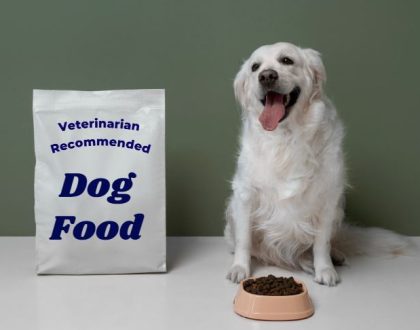
the scientific study of pet nutrition by veterinary nutrition specialists and experts.
Is Your Pet on a Veterinary Therapeutic Diet? Tips Your Vet Wants You to Know

Veterinary therapeutic diets are designed to help treat or prevent specific health condition in cats and dogs. Because of this special purpose, not all veterinary therapeutic diets will be nutritionally complete and balanced for healthy pets due to their need to meet the nutritional goals of each disease. Adding or mixing additional foods to these diets can also make them less effective. Here are some tips to make sure your pet’s therapeutic diet is providing the greatest health benefit and value for your money.
Do: Ask your veterinarian about treats
While a few veterinary therapeutic diets also come in treat forms, not all do. Ask your veterinarian if treats are ok and give them a list of all the treats you are giving outside the regular diet. While you may think a little bit won’t hurt, many of the diets are tested to work if they’re the only thing that passes your pet’s lips, so you could be making the diet less effective or actually causing harm by giving alternative food items.
Do: Get creative!
You can put aside a portion of the dry kibble as treats or use dispensing toys to provide a fun and interactive way to liven up meal times. In some cases, you can use the canned food as a dough to make pet treats at home (but ask your vet first since baking the food may change its properties).
Do: Think about how you give medicine
Studies show up to 60% of dog owners (and many cat owners) provide medication with food items. Ask your vet about medication administration options that also meet nutritional goals (e.g., an alternative option to high sodium peanut butter, cheese, or deli meat for administering pills is banana slices).
Don’t: Interchange flavors and formulations
Canned and dry versions of the same veterinary therapeutic foods may have drastically different nutrient profiles. For example, while a canned version of a food may be very low sodium, the dry version may be much higher. This could make a big difference if your pet has a heart murmur! Likewise, nutrient levels like fat, protein, and micronutrients like sodium and phosphorus may differ a lot between flavors and dry or canned versions. This switch without attention to nutrient changes can have serious consequences in a disease such as diabetes in which consistency is critical to management or when one particular nutrient is critical for your pet (e.g. your pet needs a low fat diet). Ask your vet exactly what flavors and formulations are ok for your pet and don’t switch without checking in first.
Don’t: Stop the diet cold turkey
In many cases, once a pet is feeling better, owners may stop feeding the diet altogether or mix in other foods, then symptoms flare up again! If your pet is doing well, it may be a sign they don’t need the diet anymore, but more likely, it means the diet is working and helping your pet! Cost can sometimes be a factor, and instead of discontinuing the diet altogether and switching to a previous food, ask your veterinarian if there are alternative options, less expensive diets formulated the same way, or over-the-counter foods that may be a good option for your pet’s condition.
Don’t: Assume your other pets can have the special diet as well
Pet owners often ask if they can feed all pets in the household the same food and if the veterinary therapeutic food is ‘safe’ for healthy pets. In some cases, this may be the case, especially if the food otherwise has been formulated to be nutritionally complete and balanced. Ask your veterinarian if the diet is ok for other pets in the house, as many are restricted in nutrients to help manage a health condition (for example, lower phosphorus for kidney disease) that may cause a healthy pet to become deficient.
Always: Talk to your veterinarian with any questions you have about your pet’s diet!
Want to read more information on feeding your pet?
Subscribe to always know when we add new material!
Recommended Posts

Can Diet Help With My Dog’s Seizures?
January 18, 2024

The Most Popular Holiday Foods…That Your Pet Should Avoid!
December 08, 2023

Veterinarian Recommended Pet Foods: What You Need to Know
November 05, 2023

